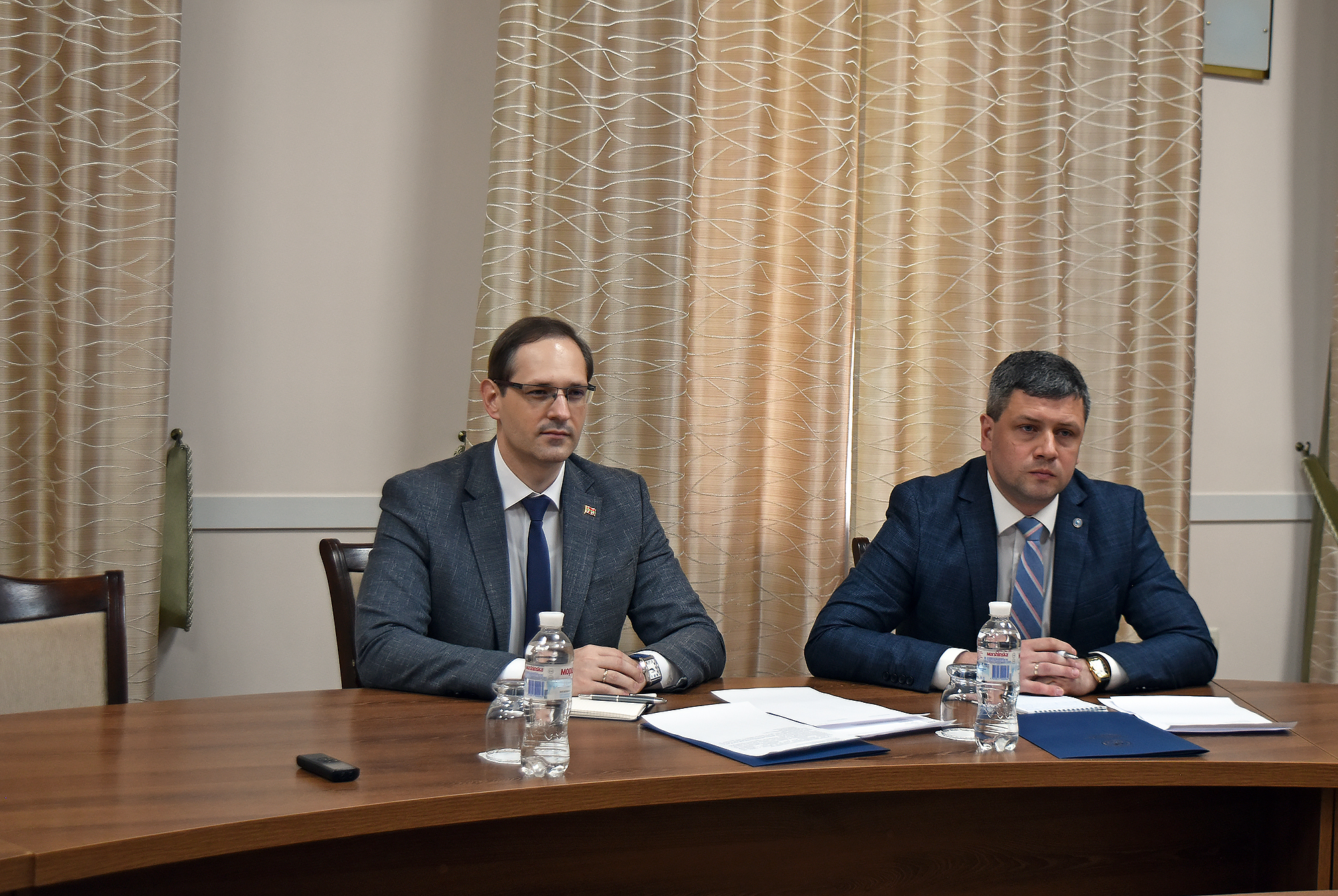The Pridnestrovian Foreign Minister Vitaly Ignatiev gave an interview to Benjamin Munk a journalist of the Danish National Public Radio. The correspondent was interested in a wide range of issues related to the Moldovan-Pridnestrovian conflict, to cooperation of Pridnestrovie with other countries and to republic’s prospects for international recognition.
During the conversation, Vitaly Ignatiev dwelt in detail on the political, legal and historical aspects of the Pridnestrovian Moldavian Republic formation. Speaking about international recognition of Pridnestrovian independence, he drew attention to the fact that the Pridnestrovian state has existed for thirty years. “We have an effective system of public administration and we can be absolutely self-sufficient, if we exclude economic pressure. We are an equal party in the international negotiation process. Our population supports the legitimate authorities of Pridnestrovie. Every year hundreds of Moldovan citizens receive Pridnestrovian citizenship and live on our territory. This is the reality suggesting that Pridnestrovie is an attractive and viable subject of international relations,” the diplomat said.
Speaking about interaction with other countries, the Minister stated that Pridnestrovie is in trade and economic relations with more than 100 states. “Of course, there is also cultural and humanitarian cooperation but it is not as free as we would like it to be,” Vitaly Ignatiev stressed.
During the interview, the Minister explained as well why is the term "Transnistria" unacceptable when using in relation to Pridnestrovie. “The denomination Transnistria refers to the period of the Second World War and is associated with military, political crimes, the Holocaust,” the Head of the PMR’s Foreign Ministry explained.
Ending the interview, the Head of the Foreign Ministry shared his opinion on the prospects for recognizing Pridnestrovie as a full-fledged subject of international relations. “This will happen when International Community’s words and deeds begin to coincide, when international partners consider a priority the real rights and interests of people living on the territory of Pridnestrovie. The only mechanism to protect these rights and interests is our State. It was created to protect ourselves during the war, to enable people develop within the framework of culture, linguistic space, that they themselves will choose,” the Minister concluded.









